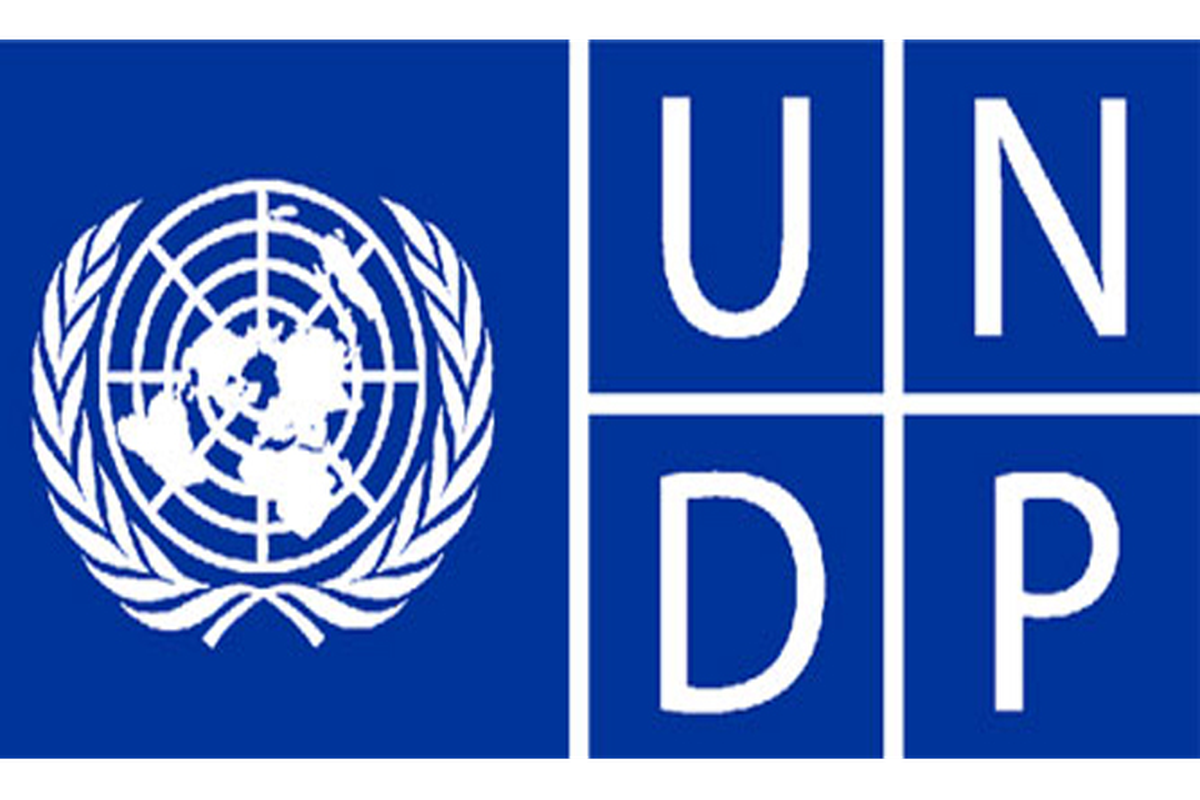
The United Nations Development Programme (UNDP) has increased funding for the Integrated Specimen Transportation (IST) programme which seeks to upscale testing services across the country’s health sector.
The fund, disbursed under the Global Fund under grant cycle 6, was working on a US$3,7 million budget but it has been increased to the current grant cycle 7 of US$5,1 million.
Through the grants, Zimbabwe decentralised laboratory services making it possible for the hard-to-reach areas to access the services in a quick turnaround time.
Addressing journalists on Monday this week, UNDP country representative Ayodele Odusola said the IST programme was key in achieving the goals set for Zimbabwe, particularly in the HIV and Aids strategic plan.
“We want to underscore the fact that the objective is for us to really see how we can scale up HIV and Aids care and support in the country. The over-arching objective is strengthening the health resilience system in the country,” he said.
Odusola said the impact of the programme was resounding.
“Initially, before 2019, about 400 000 samples were done on an annual basis, we're now over a million samples, which is, again, one of the best results you can ever think about.”
He said when the UNDP started collaborating with Zimbabwe on the IST initiative; it took about four to six months before the sample collected translated to meaningful results on the ground.
- Mavhunga puts DeMbare into Chibuku quarterfinals
- Bulls to charge into Zimbabwe gold stocks
- Ndiraya concerned as goals dry up
- Letters: How solar power is transforming African farms
Keep Reading
The UNDP is working with the Health and Child Care ministry in 23 districts making use of riders to transport samples to the nearest laboratories for testing.
Health and Child Care national IST coordinator Aggripa Mutambara said all the 2 000 facilities within the ministry were getting the services at least twice or thrice a week.
“Having implemented this programme over the past three years, we have noted remarkable improvement in the health system. In addition to inducing turnaround times, one of the biggest benefits of this programme has been to avert missed diagnostic tests.
“Before, we had several parallel systems, and we would have several types of transport going in the same direction, but now, because of IST, all the resources have been put in one group and we are showing an effective resource allocation,” he said.
There are 341 clusters served by 280 motorbikes and eight provincial vehicles.










